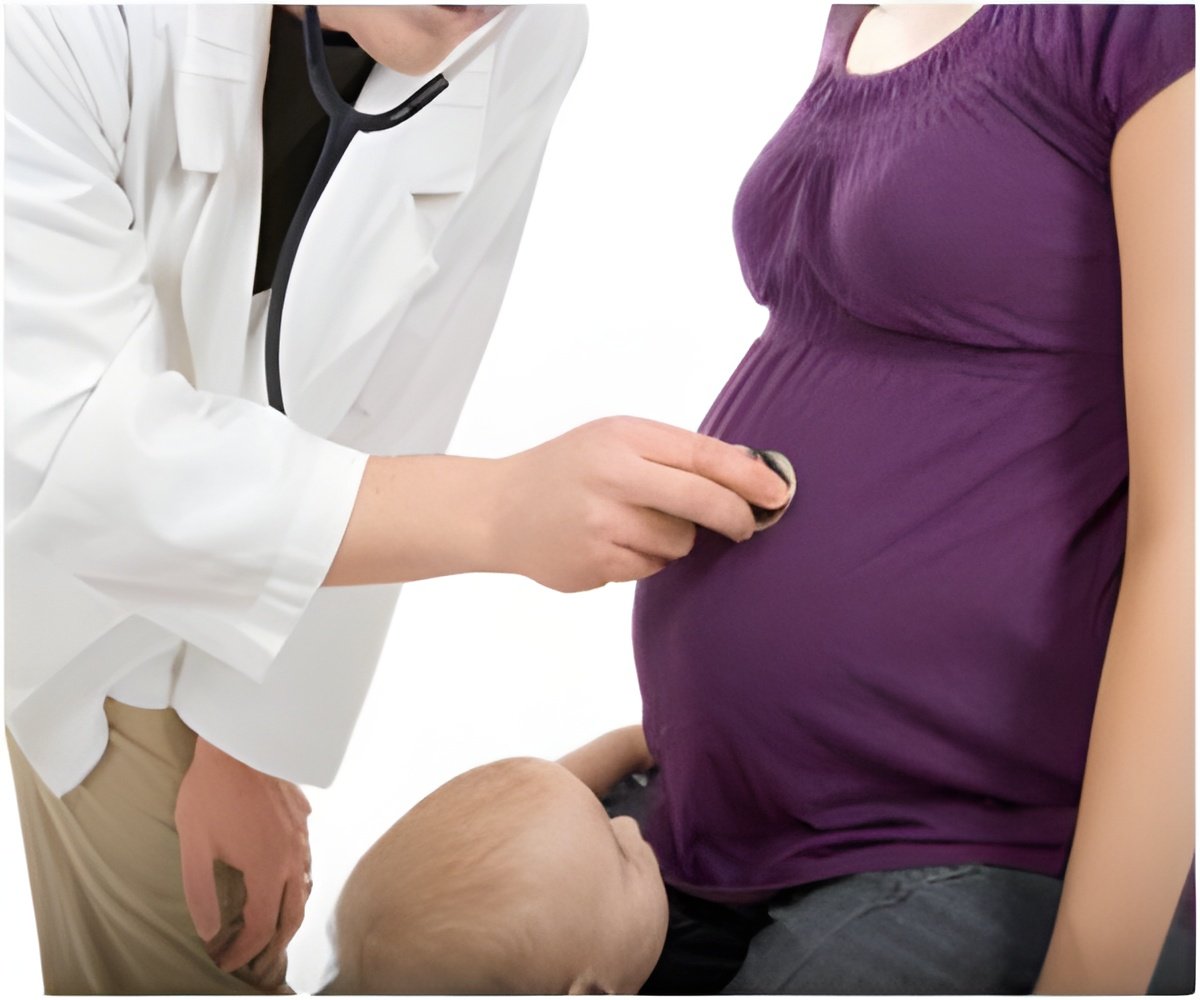More active role of obstetricians, gynecologists and other reproductive health providers is needed in preventing negative health impacts of environmental chemicals , says a new research.

The team recommends a multipronged approach that includes evaluating patients' environmental exposures to chemicals and providing education, in addition to broader strategies to influence government policy.
Studies have revealed that exposure to environmental chemicals at levels common in daily life can adversely impact reproductive and developmental health.
"Exposures to environmental chemicals before and during pregnancy are of particular concern, since we now know that encountering certain chemicals during these developmental periods is linked to a number of health problems," said senior author Linda C. Giudice, MD, PhD, professor and chair of the UCSF Department of Obstetrics, Gynecology and Reproductive Sciences.
"Obstetricians, gynecologists and other reproductive health providers can play a groundbreaking role by intervening in critical stages of human development to translate the new science into healthier future generations," she said.
Taking an exposure history is a key first step, according to the study's lead author Patrice Sutton, MPH, a research scientist with the UCSF Program on Reproductive Health and the Environment.
Advertisement
"Many patients who are pregnant or thinking about becoming pregnant already are interested in their environmental exposures, and at the same time, other women of childbearing age are unaware of the risk of their exposures," she noted.
Advertisement
The role of reproductive health professionals in preventing exposure to environmental toxicants extends beyond the clinic or office setting, according to the study authors.
They suggest that physicians can work through their professional organizations to bring about healthier environments through policy change on the federal, state or local level, and within their institutions, clinicians can encourage their hospitals to create healthy food service models.
Society-wide actions are essential for reducing toxic exposures to pregnant women, since individuals cannot control their exposure to many toxins, such as through air pollution, according to Sutton.
"Reproductive health professionals will find research that assists in minimizing health effects from environmental chemicals, valuable in managing care for patients," said co-author Jeanne A. Conry, MD, PhD, president elect in nomination of the American Congress of Obstetricians and Gynecologists and an obstetrician-gynecologist and assistant physician in chief with Kaiser Permanente, Roseville, near Sacramento, Calif.
Pediatricians have long been attuned to their opportunity to counsel patients about preventing harm from hazardous environmental exposures.
"In light of what we know about the impact of environmental exposures to chemicals before and during pregnancy, clinicians who see patients during these critical periods can have just as important an impact as pediatricians," Giudice said.
Reproductive health professionals are poised to intervene even earlier in development than pediatricians, she added, so together the two professions can more strongly influence the long-term health of children, adolescents, and adults.
The study is available online in the American Journal of Obstetrics and Gynecology.
Source-ANI









